Huawei Mate 60 series: A new era of mobile technology
Advertisement
DPVR P1 Pro, the glasses focus on VR gaming applications, with high performance, comfortable to wear, easy to use and other features, bringing users a new VR gaming experience.
DPVR P1 Pro is equipped with Qualcomm Snapdragon XR2 processor with powerful performance. At the same time, it is also equipped with 8GB of RAM and 256GB of storage space, which is able to meet the running requirements of large VR games. To further enhance the gaming experience, DPVR P1 Pro also adopts a high refresh rate display to provide smoother images.
The DPVR P1 Pro features a lightweight design and weighs only 280 grams, so you won't feel fatigued even after wearing it for a long time. It is also equipped with adjustable temples and nose rests, which can be adjusted according to different users' face shapes, making it more comfortable to wear. To further enhance wearing comfort, DPVR P1 Pro is made of breathable material, which makes it less stuffy even after long hours of wearing.
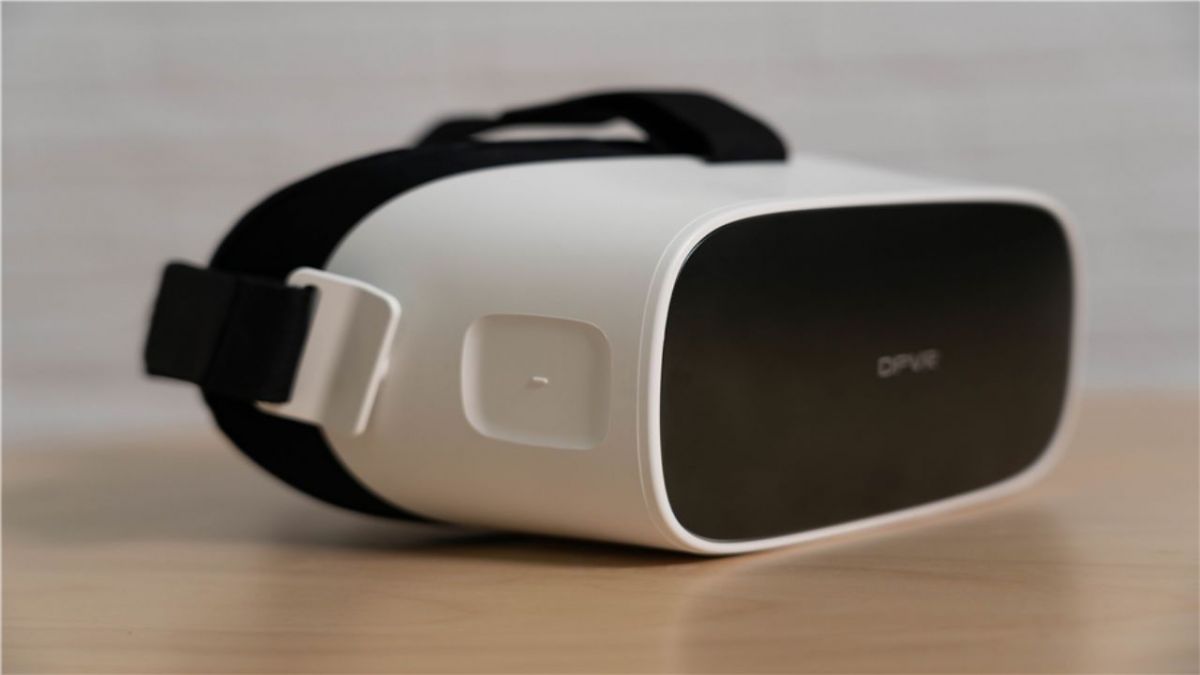
DPVR P1 Pro is designed to be easy to use, even for newcomers to VR. At the same time, it is equipped with a variety of control methods to meet the operating habits of different users. To further enhance the ease of use, DPVR P1 Pro also provides a wealth of tutorials and help documents to help users quickly understand and use the glasses.
The release of DPVR P1 Pro brings a new choice for VR gamers. It has the features of high performance, comfortable wearing, and ease of use, which can provide users with a smoother, more comfortable and convenient VR gaming experience. It is believed that these glasses will be favored by many VR gamers.
The release of DPVR P1 Pro has also brought new competition to the VR smart glasses market. In the future, we may see more powerful VR smart glasses with more functions and more affordable price to bring richer experience to users.
In order to further enhance its competitiveness, DPVR P1 Pro can consider the following aspects:
Further reduce the price and improve the cost-effectiveness. Expand the application ecosystem to provide more applications and services. Optimize the wearing experience to improve comfort. Improve performance to provide a smoother experience.
With the advancement of technology and the maturity of the market, DPVR P1 Pro smart glasses have a broad space for future development.
In terms of hardware, DPVR P1 Pro can continue to improve the resolution and refresh rate of the display, optimize the optical design, reduce the weight of the glasses, and improve wearing comfort.
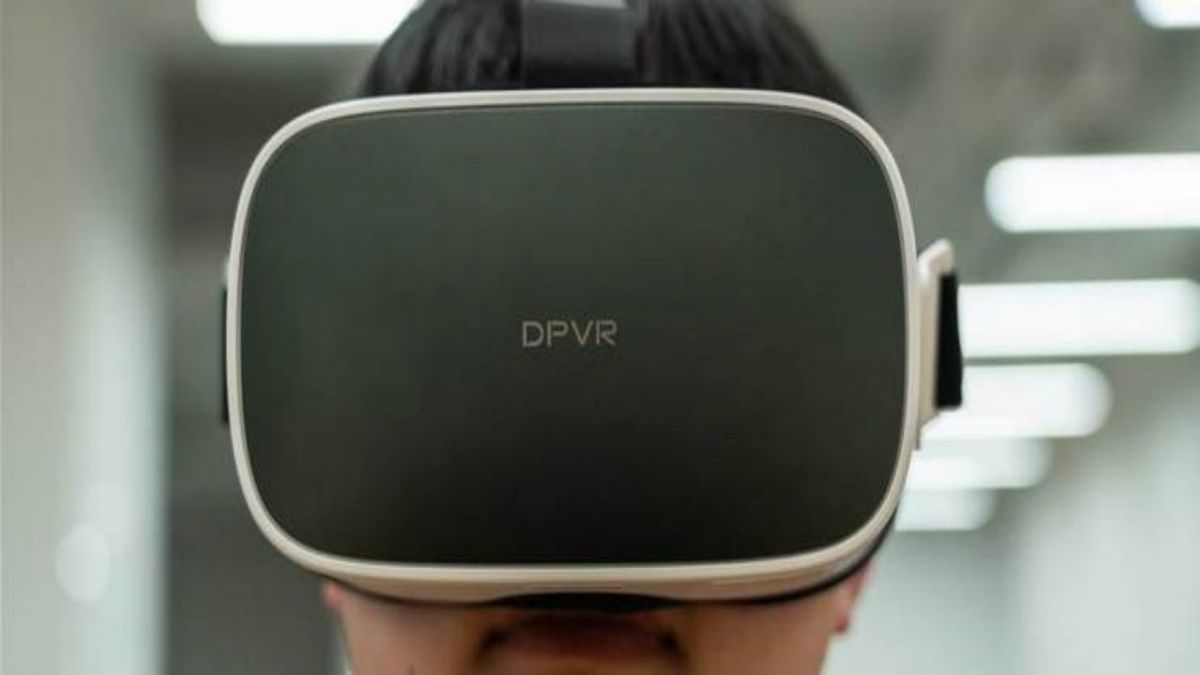
In terms of software, DPVR P1 Pro can expand the application ecology, provide more high-quality VR applications and services, and create a more complete VR content platform.
In terms of application scenarios, DPVR P1 Pro can be expanded to more fields, such as healthcare, education, tourism, shopping, etc., to provide users with a richer immersive experience.
Here are some potential directions for the development of DPVR P1 Pro smart glasses:
Higher resolution and refresh rate display: bringing clearer and more detailed images and a smoother visual experience.
Lighter and more comfortable design: allowing users to wear them for long periods of time without fatigue.
More complete VR content platform: provide more high-quality VR applications and services to meet the different needs of users.
More application scenarios: expanding to medical, education, tourism, shopping and other fields, providing users with richer immersive experience.
The release of DPVR P1 Pro smart glasses marks a new stage of development for VR smart glasses. In the future, we will see more powerful and affordable VR smart glasses, which will bring richer experience to users.
Advertisement
Advertisement
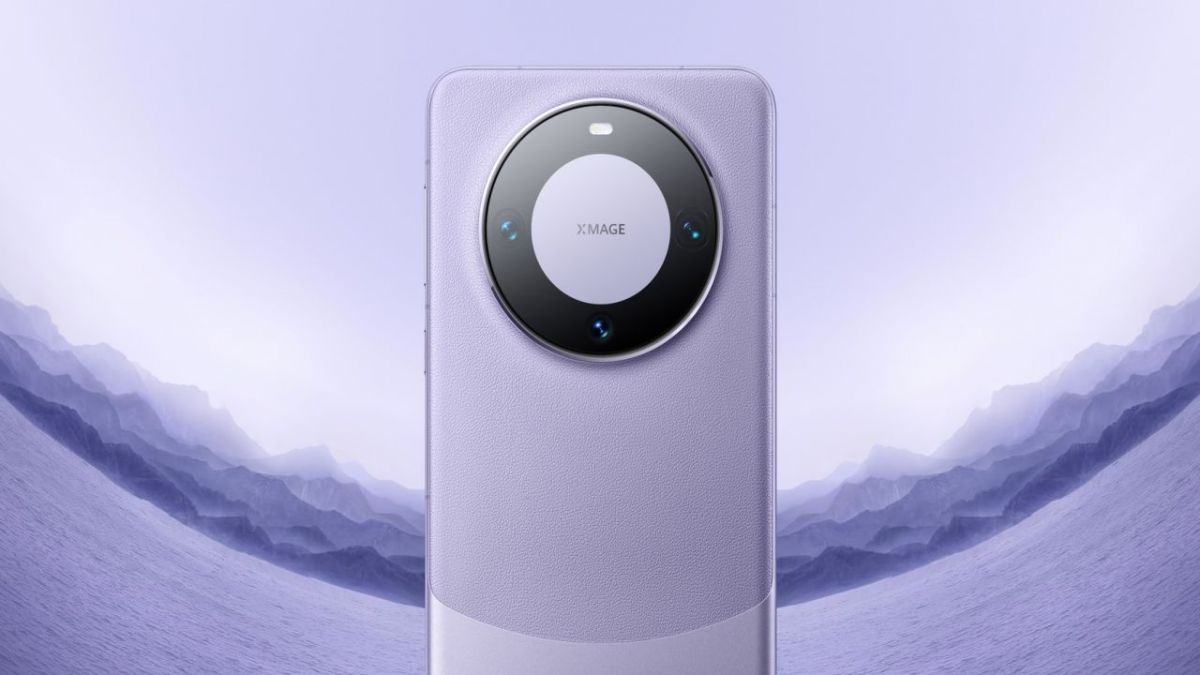
Huawei Mate 60 series: A new era of mobile technology
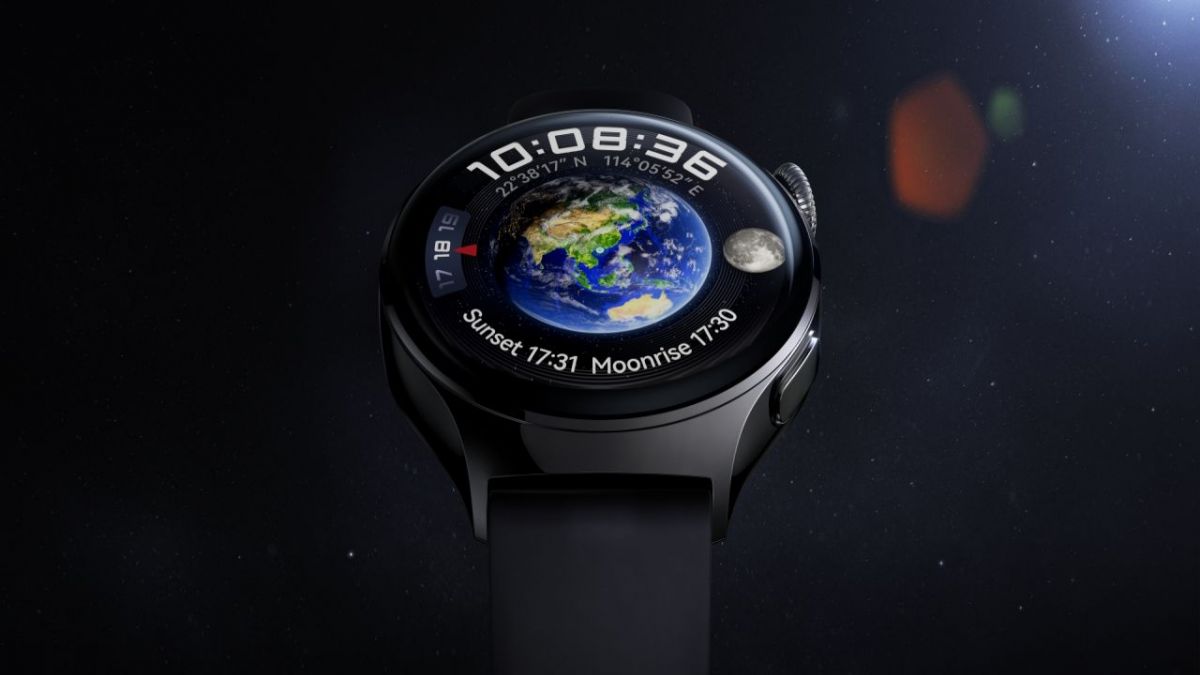
Huawei WATCH 4 series comparison: which is better for you?
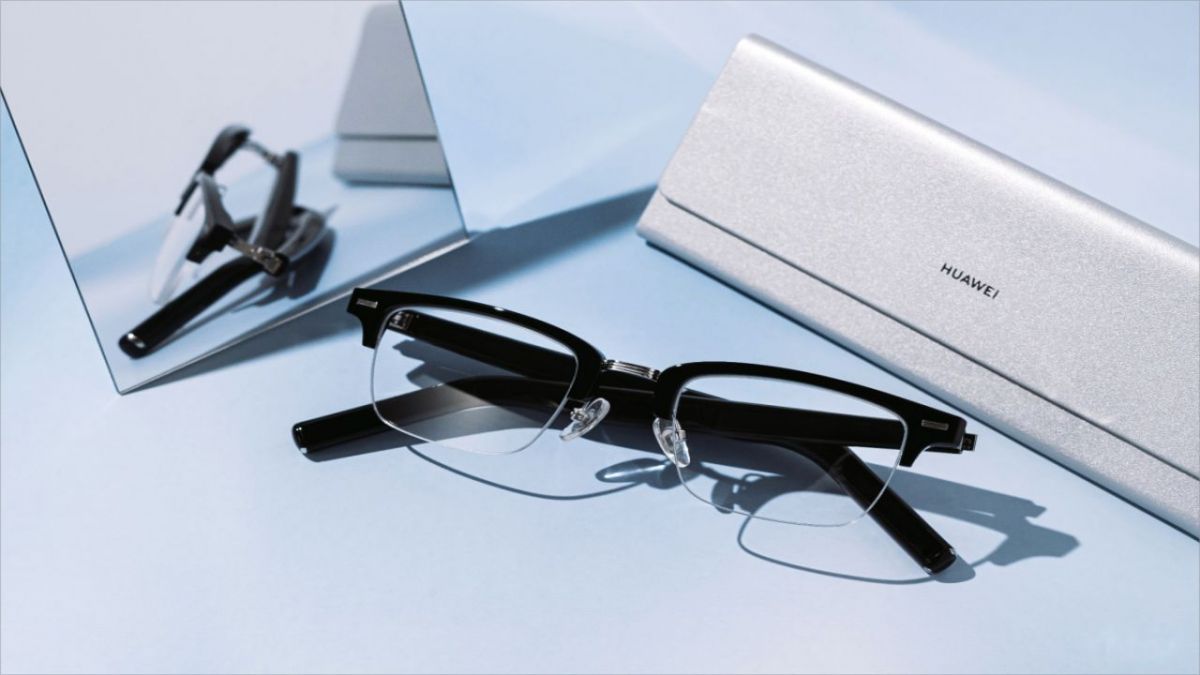
Huawei Smart Glasses 2: Opening a New Chapter in Smart Living
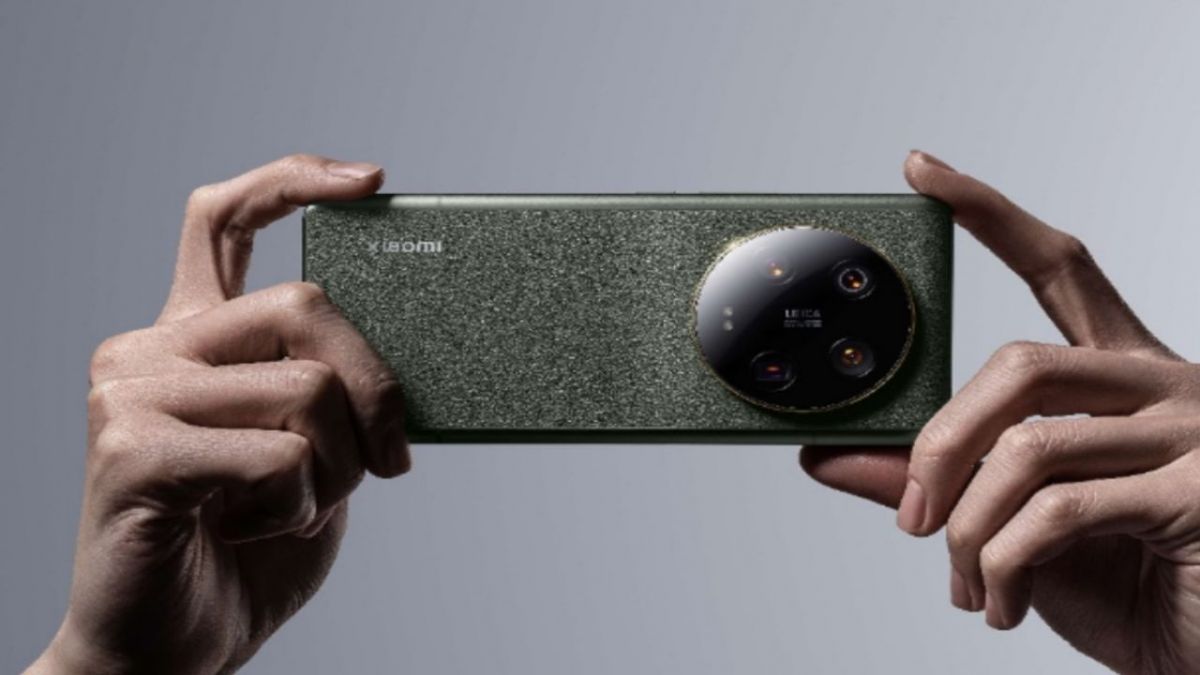
The Xiaomi 13 Ultra: The Future of Mobile Photography is Here.
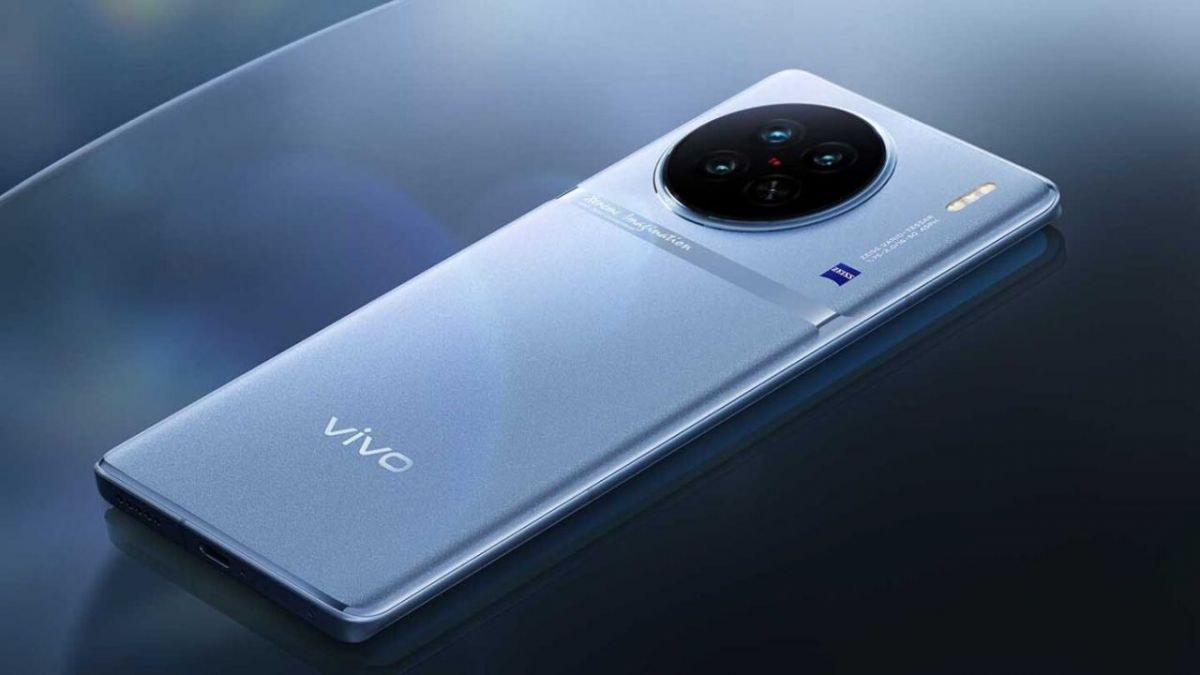
vivo X90 Pro+ Released, Zeiss Imaging Upgraded for Sharper Photos!
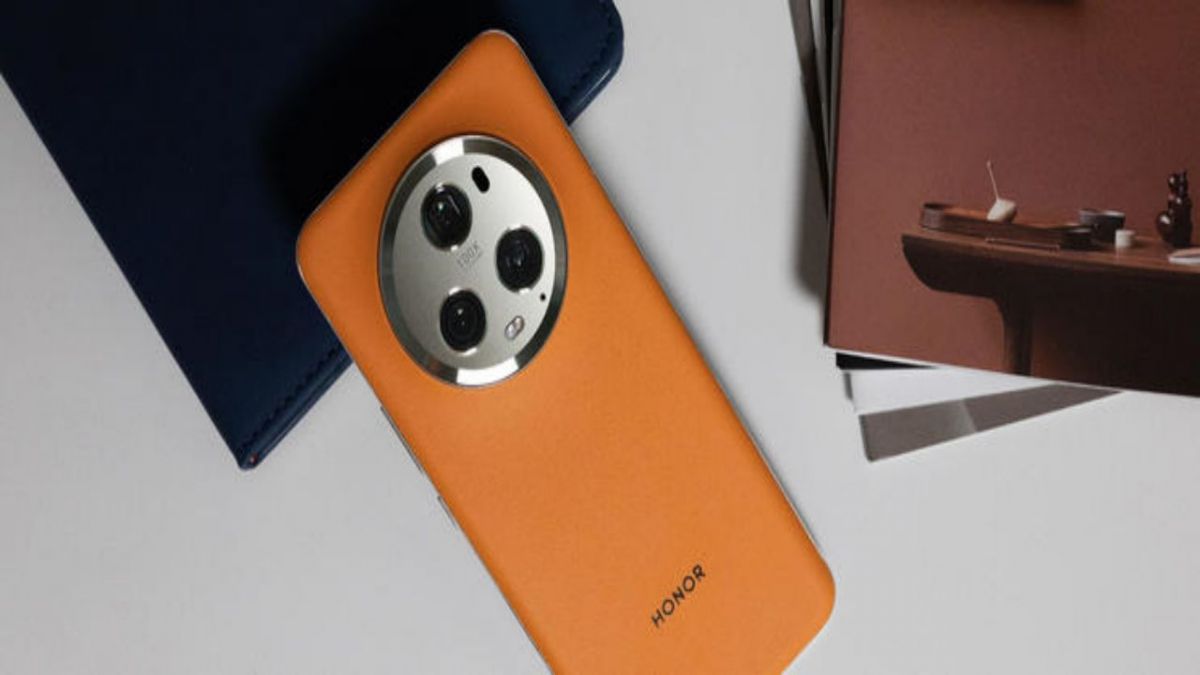
Honor Magic5 Pro hands-on: ultra-thin design, lightweight and portable!
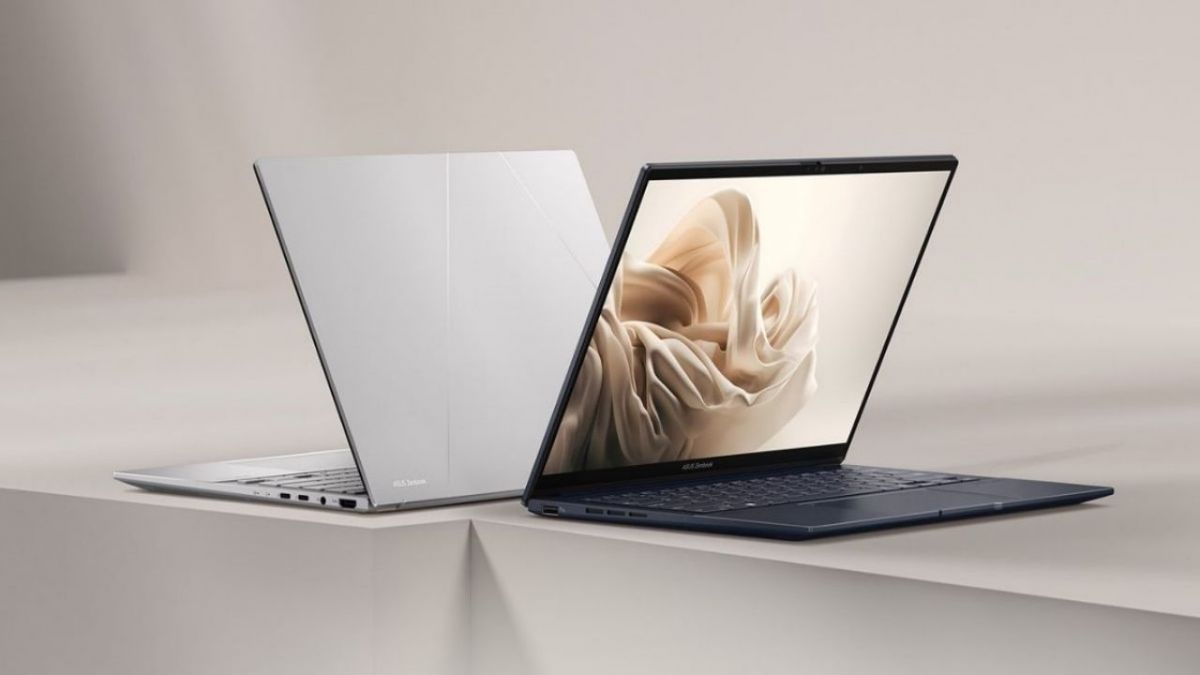
2024 ASUS LINGUA 14 Pro review: thin and light without compromising performance!
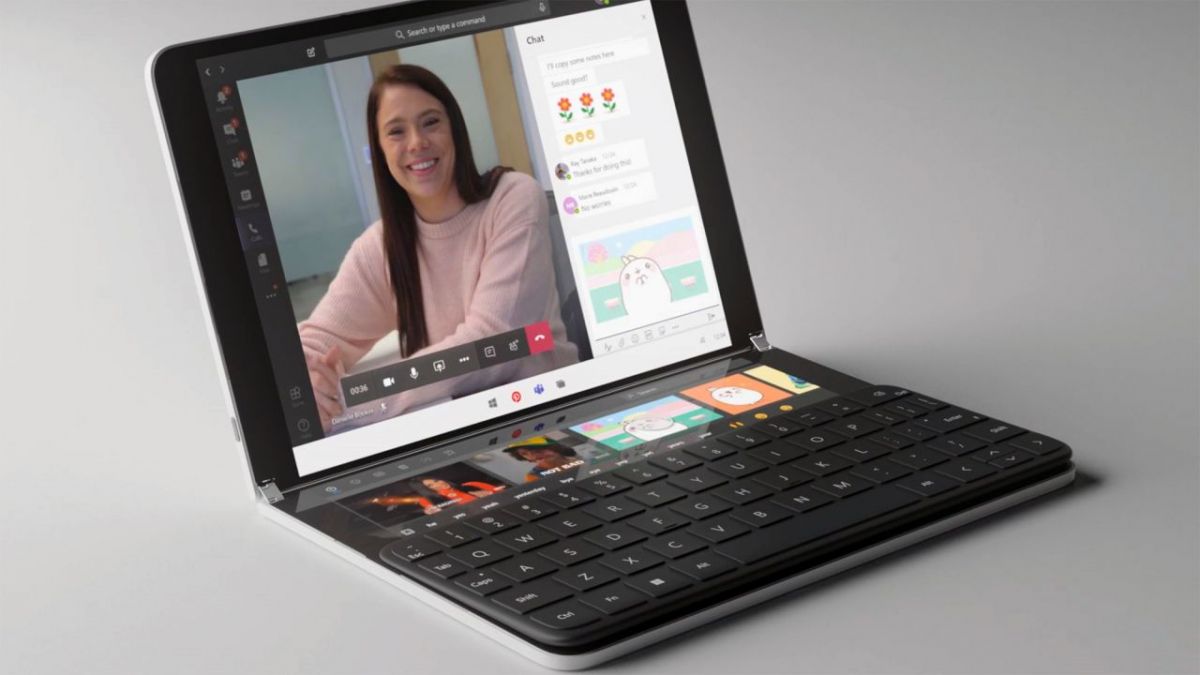
Microsoft Surface Neo 2024 model: two 14.4-inch touchscreens for easier multitasking!
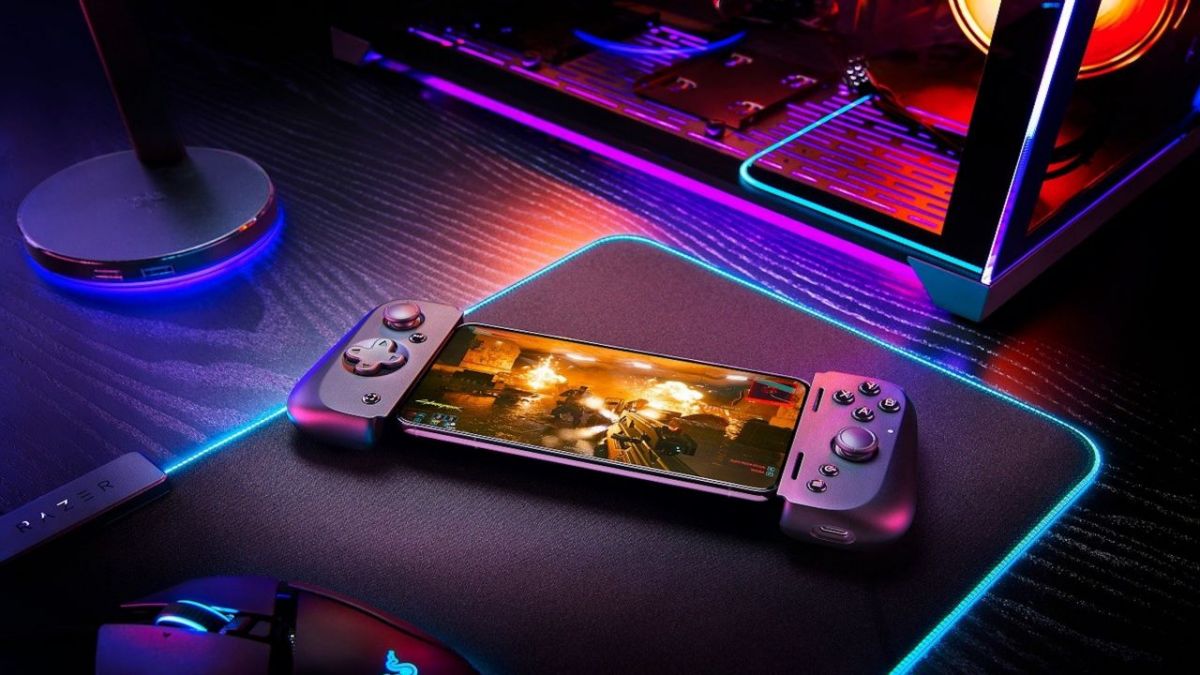
Thunderbird Kishi V2: The Ultimate Controller for Mobile Gaming
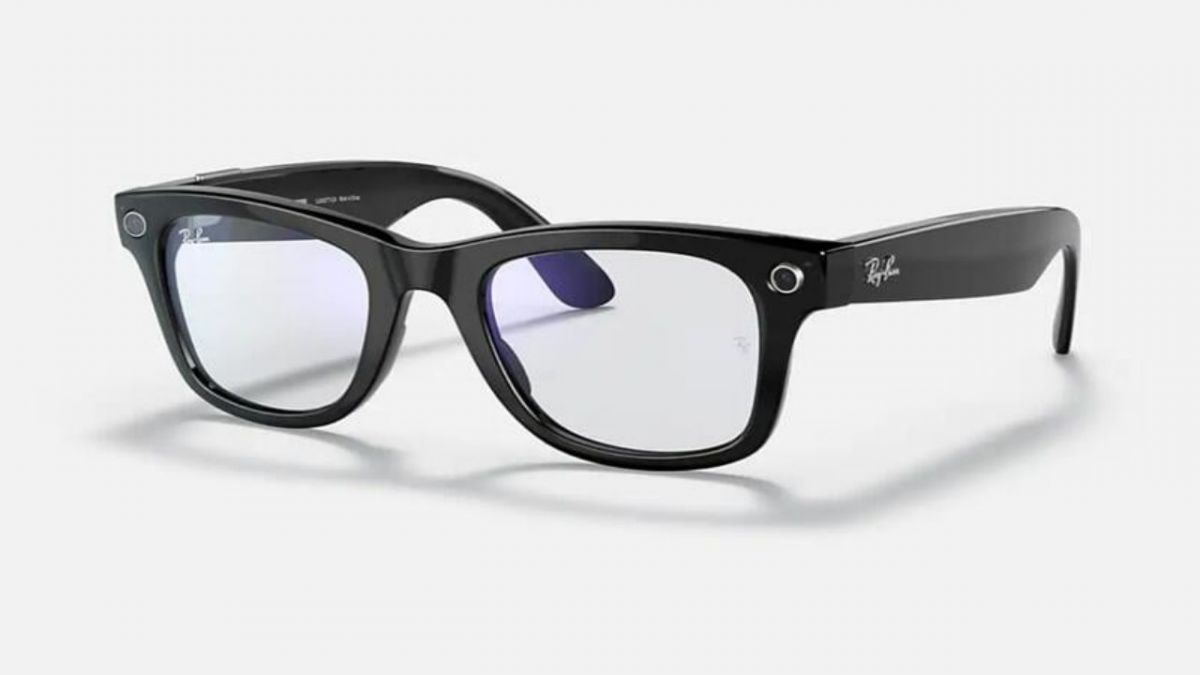
Ray-Ban Ray-Ban Stories Smart Glasses Review: The Perfect Combination of Fashion and Technology
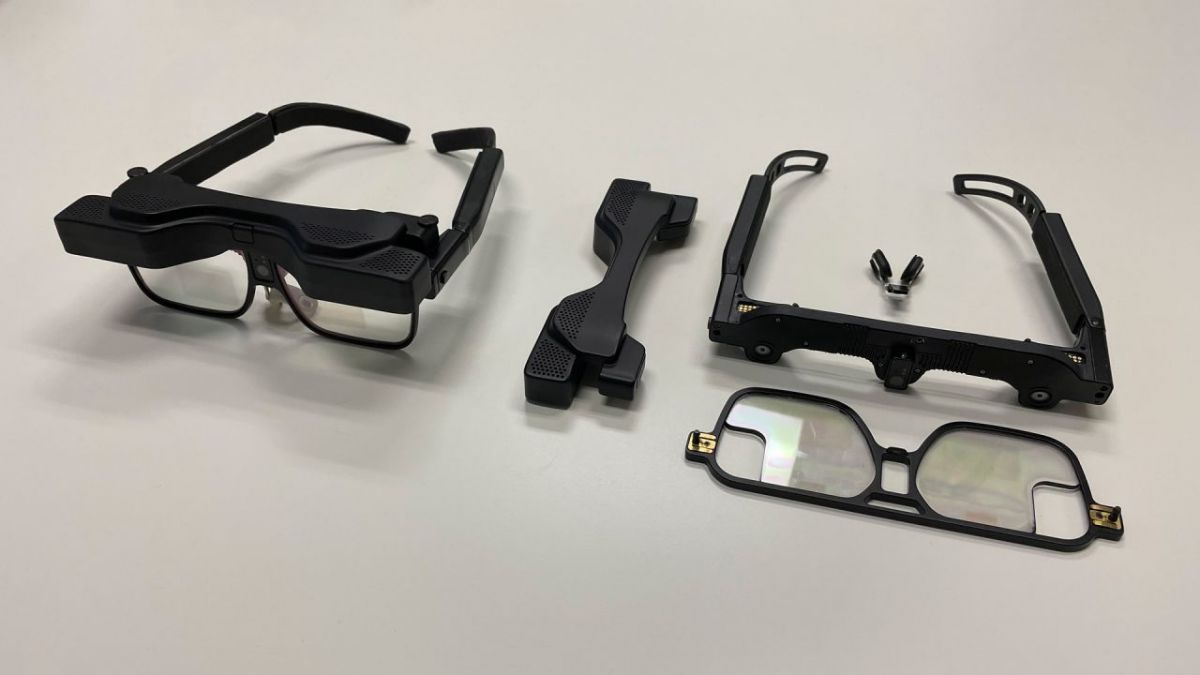
DigiLens Crystal: A New Benchmark in AR Eyewear for an Extraordinary Visual Experience

Google Glass returns? New Smart Glasses Unveiled at CES 2024

Ray-Ban Ray-Ban Stories Smart Glasses Review: The Perfect Combination of Fashion and Technology
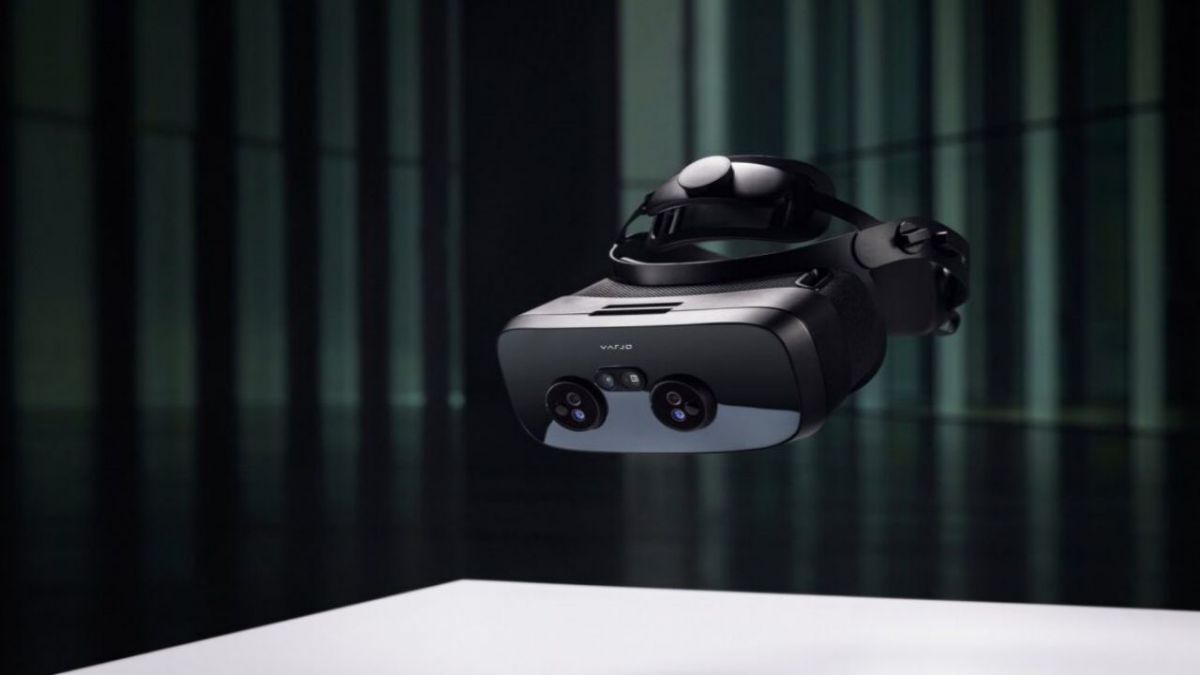
Varjo XR-3 Smart Glasses: a breakthrough professional-grade XR device
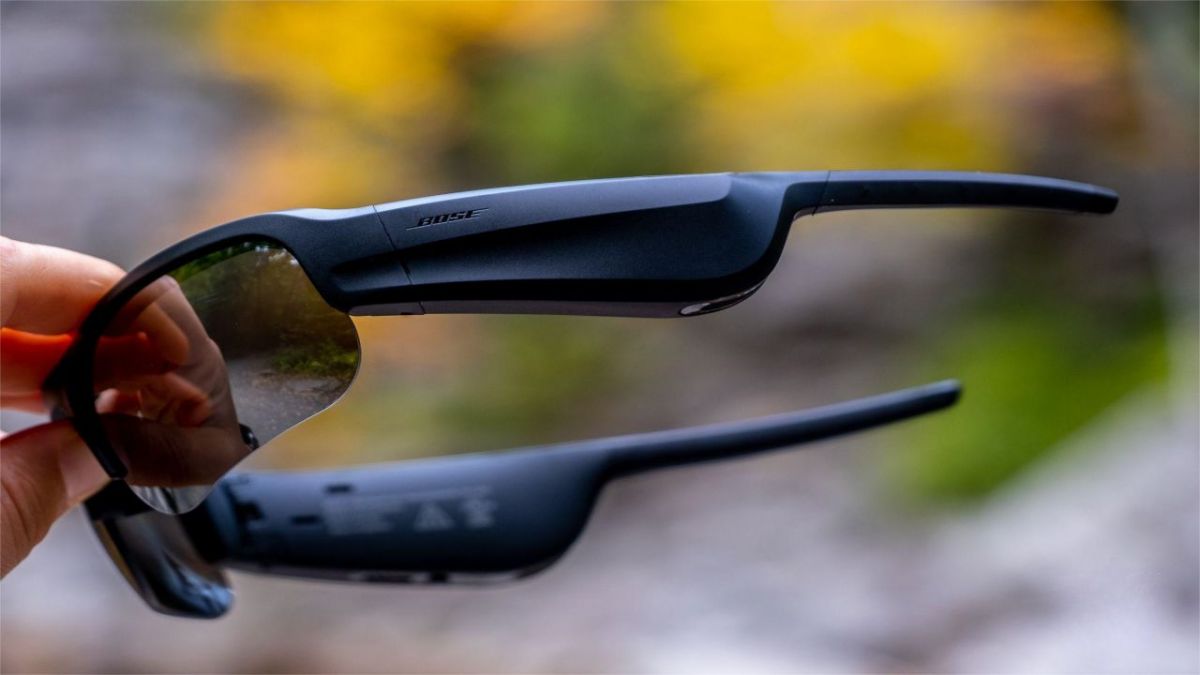
Bose Frames Tempo: for sports enthusiasts, where music meets sports
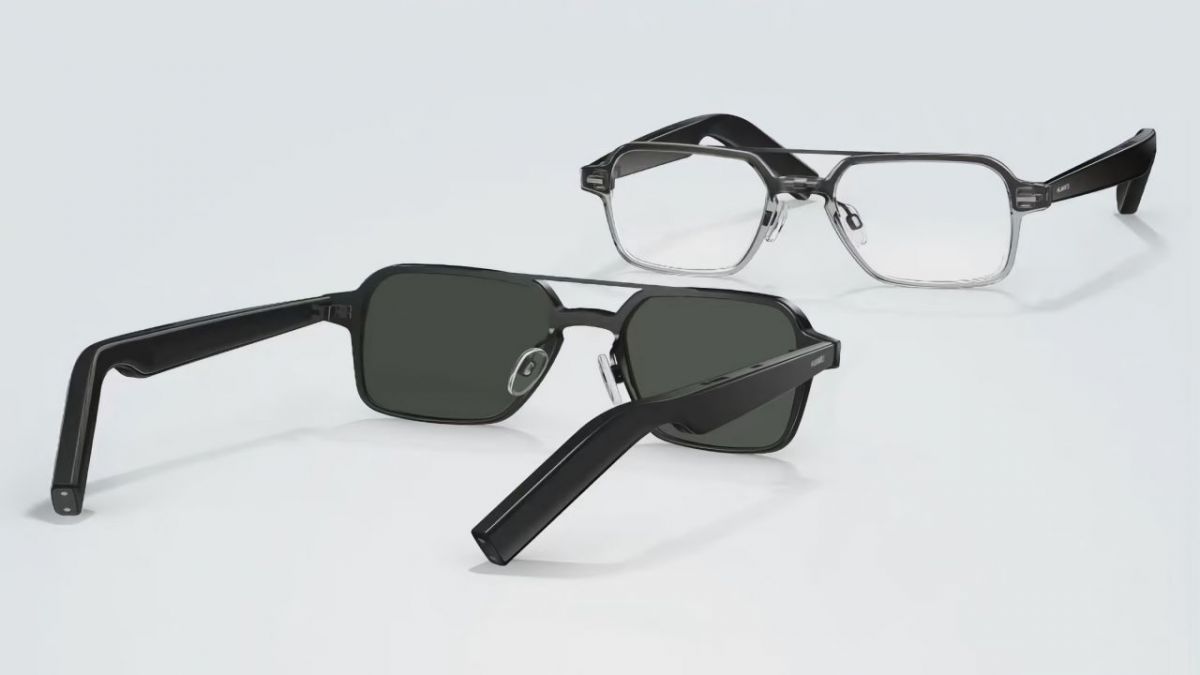
Huawei Eyewear 3 Smart Glasses Review: Stylish and Comfortable for Sports
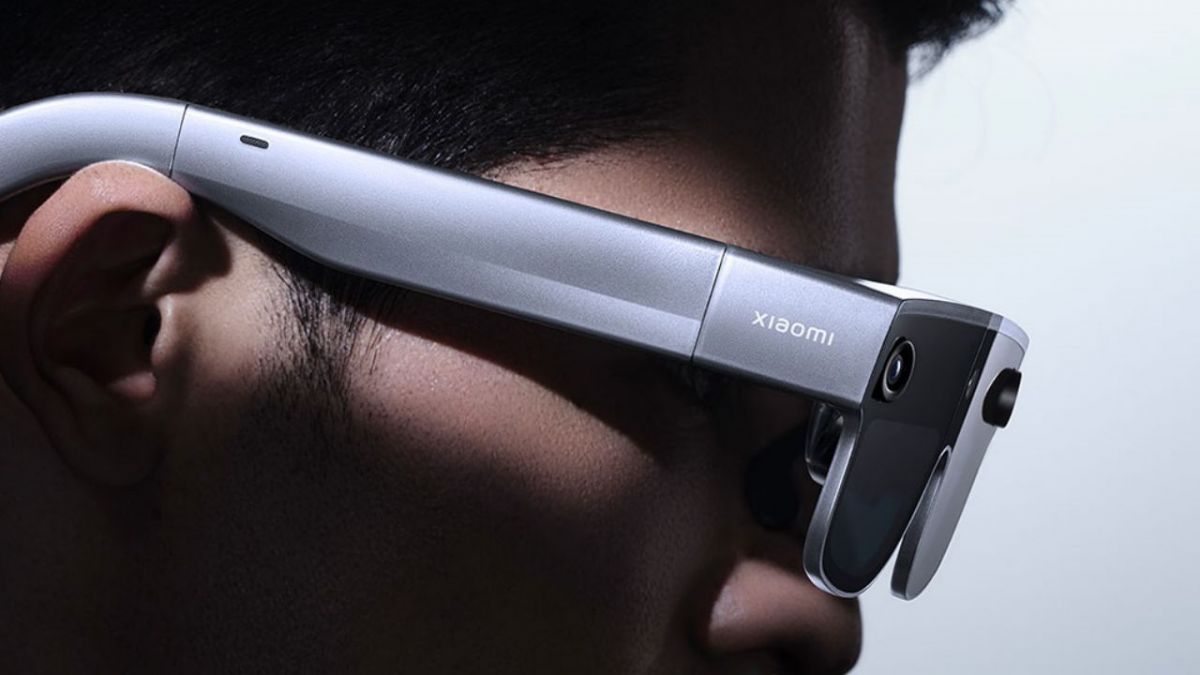
Xiaomi AR glasses review: overturning tradition, leading the future interactive experience
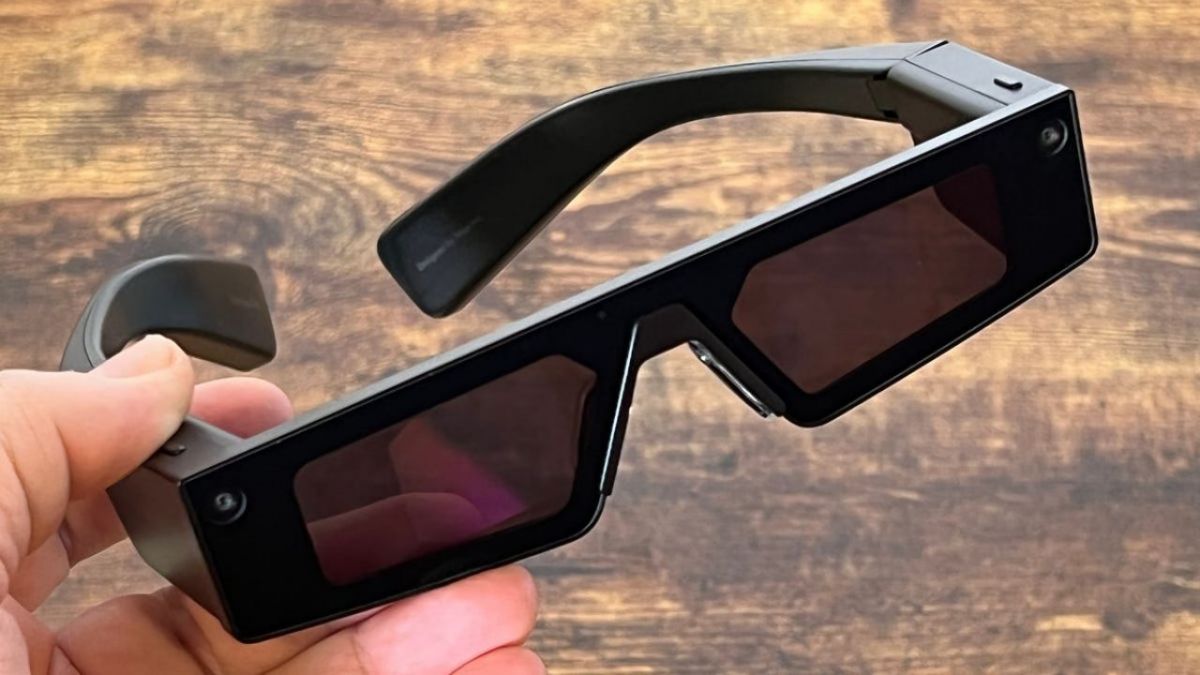
Snapchat Spectacles 4 Smart Glasses Review: a photo-taking device to record moments